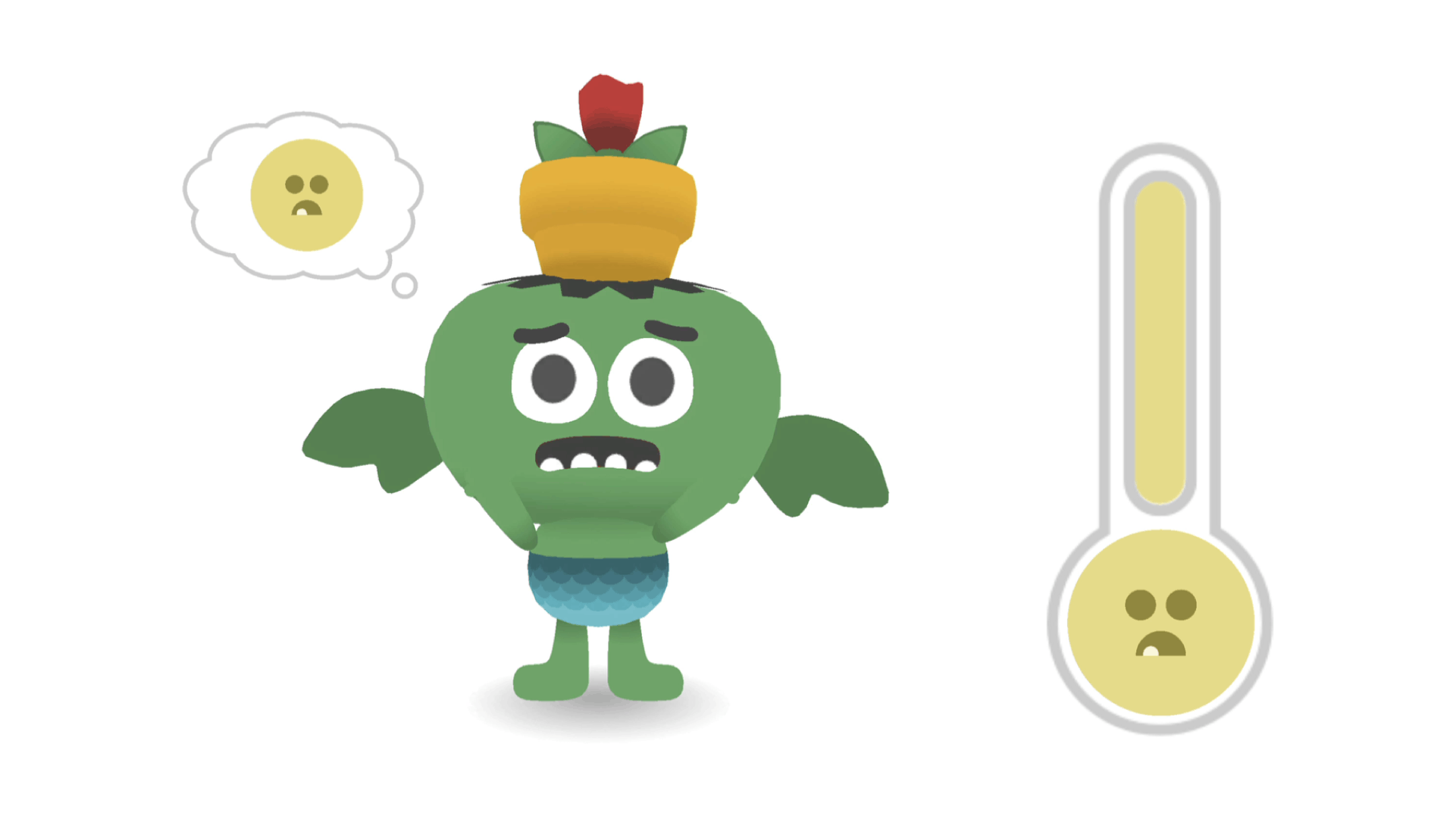Understanding Anxiety in Children: Effective Parenting Tips and Educational Apps for a Happier, Healthier Childhood

For parents and teachers of 3 to 6 year olds, understanding and managing anxiety is one of the many challenges we face. For children this age it’s not just about learning ABCs and 123s — it's also when children develop emotional intelligence. Anxiety, worry and fears are common, but often misunderstood aspects of child development.
Understanding Anxiety in Young Children
Anxiety in children can manifest differently compared to adults. For a 3 to 6 year-old, anxiety might appear as fear of the dark, separation anxiety, or worries about new experiences. It's a natural part of growing up. However, it becomes a concern when it interferes with their daily activities or development.
Key Signs of Anxiety in Children:
- Excessive worry about routine activities
- Reluctance to engage in social interactions
- Persistent fear or avoidance of specific situations
- Physical symptoms like headaches or stomach aches
- Sleep disturbances
Some things that could help with children’s anxiety:
- Create a Safe and Supportive Environment. Reassuring children that they are safe can help ease their worries. An environment where feelings are acknowledged and discussed openly can significantly reduce anxiety levels.
- Encourage Expression of Feelings. Using age-appropriate language to encourage a child to express their fears and worries can help them understand and manage their emotions better.
- Establish Routines. Consistent daily routines provide a sense of security and predictability, which can alleviate anxiety.
- Model Positive Behaviour. Children often imitate their parents. Displaying calm and confident behaviour in situations that trigger your child’s anxiety can teach them how to react appropriately.
- Positive Reinforcement. Praising and rewarding children for facing their fears can boost their confidence and reduce anxiety over time.
Educational Apps for Kids: A Modern Approach to Anxiety
Educational apps have become valuable tools in addressing childhood anxiety. These apps can offer engaging ways for children to learn about emotions and coping strategies.
- Teach Your Monster Feelings (Tiny Demo). We’ve developed a brand new conceptual demo for a game centred around recognising and managing worry. The game encourages kids to take care of their monster. Using exciting new inventions (a Feelings Scanner and Feelings Meter), children can have fun working out what their monster is feeling and helping their monster ease their worry. We hope to turn it into a full game at some point, so any feedback will help us learn and grow on this small slice of gameplay!
- Mindful Powers. This app focuses on mindfulness for kids, teaching them how to focus their thoughts and calm their minds, which is beneficial in managing anxiety.
- Breathe, Think, Do with Sesame. A great app for younger kids, it helps them learn to calm down and solve everyday challenges, teaching skills to deal with anxiety.
- Positive Penguins. This app is designed to help children understand why they feel the way they do and how to shift negative thinking patterns.
By recognising the signs of anxiety, creating a supportive environment, and using tools like games or books, you can help your child navigate their emotions effectively. Remember, every child is unique, and what works for one may not work for another. It’s about finding the right balance and approach for your child!
Here are some printable resources about feelings available for free…
- Sesame Workshop - I notice, I feel, I can
- Teach Your Monster Feelings - A whole bunch of helpful resources from our monsters
If you’re looking for books about feelings, here’s our Teach Your Monster favourites!
Ruby’s Worry: A Big Bright Feelings Book, Tom Percival, Bloomsbury Publishing
How Are You Feeling Today? Molly Potter, Bloomsbury Publishing
The Colour Monster and The Colour Monster Pop-Up, Anna Llenas, Templar Publishing
All About Feelings, Felicity Brooks, Usborne Publishing
Ravi's Roar: A Big Bright Feelings Book, Tom Percival, Bloomsbury Publishing